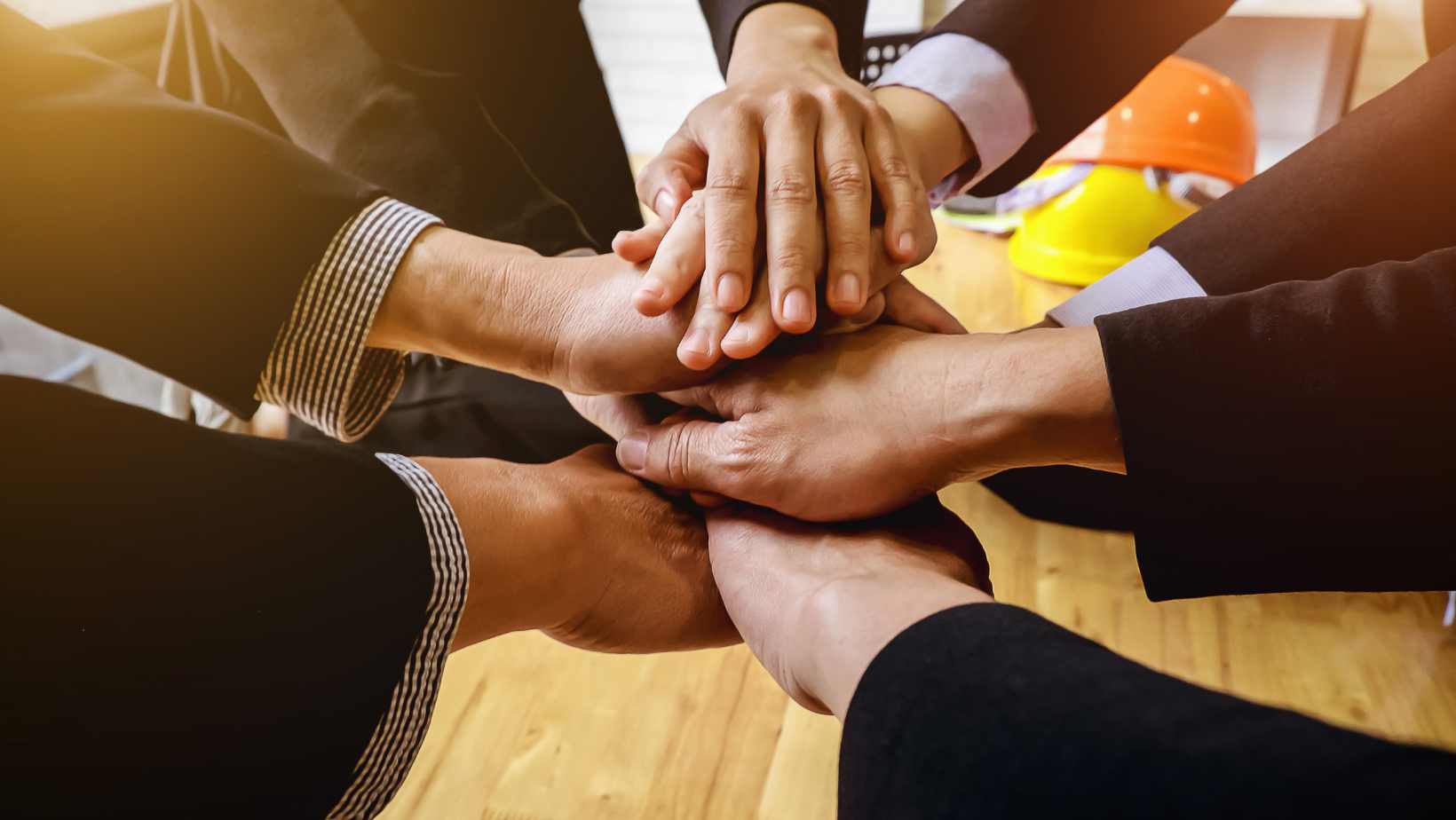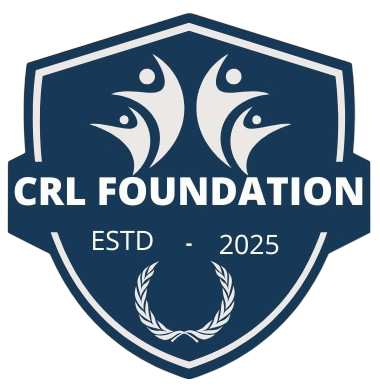EDUCATION
Empowering Future Generations Through Education: Addressing Healthcare, Poverty, Unemployment, and Human Rights Challenges
WHY EDUCATION
To tackle pressing issues like healthcare, poverty, population control, unemployment, and human rights, the most effective starting point is to provide education to children in need. Education not only equips children with the tools to secure a better future but also nurtures them into responsible citizens, both nationally and globally. The Right to Education (RTE) Act, implemented in 2010, mandates free and compulsory education for all children between the ages of 6 and 14. However, even after a decade, the progress in educational attainment for many children remains uneven. Socio-economic challenges faced by parents, combined with inadequate schooling, continue to prevent many children from receiving the education they deserve.
WHAT WE DO
CRL Foundation’s flagship initiative, Mission Education, aims to empower disadvantaged children by offering education, nutrition, and wellness support. This program is fully aligned with the New Education Policy (2020) and SDG Goal 4 (Ensure inclusive and equitable quality education and promote lifelong learning opportunities for all). Mission Education focuses on children aged 3-18 who face challenging circumstances, including those from low-income families, children with disabilities, those affected by disasters, abandoned and street children, as well as children living in tribal areas, remote villages, and hard-to-reach regions.
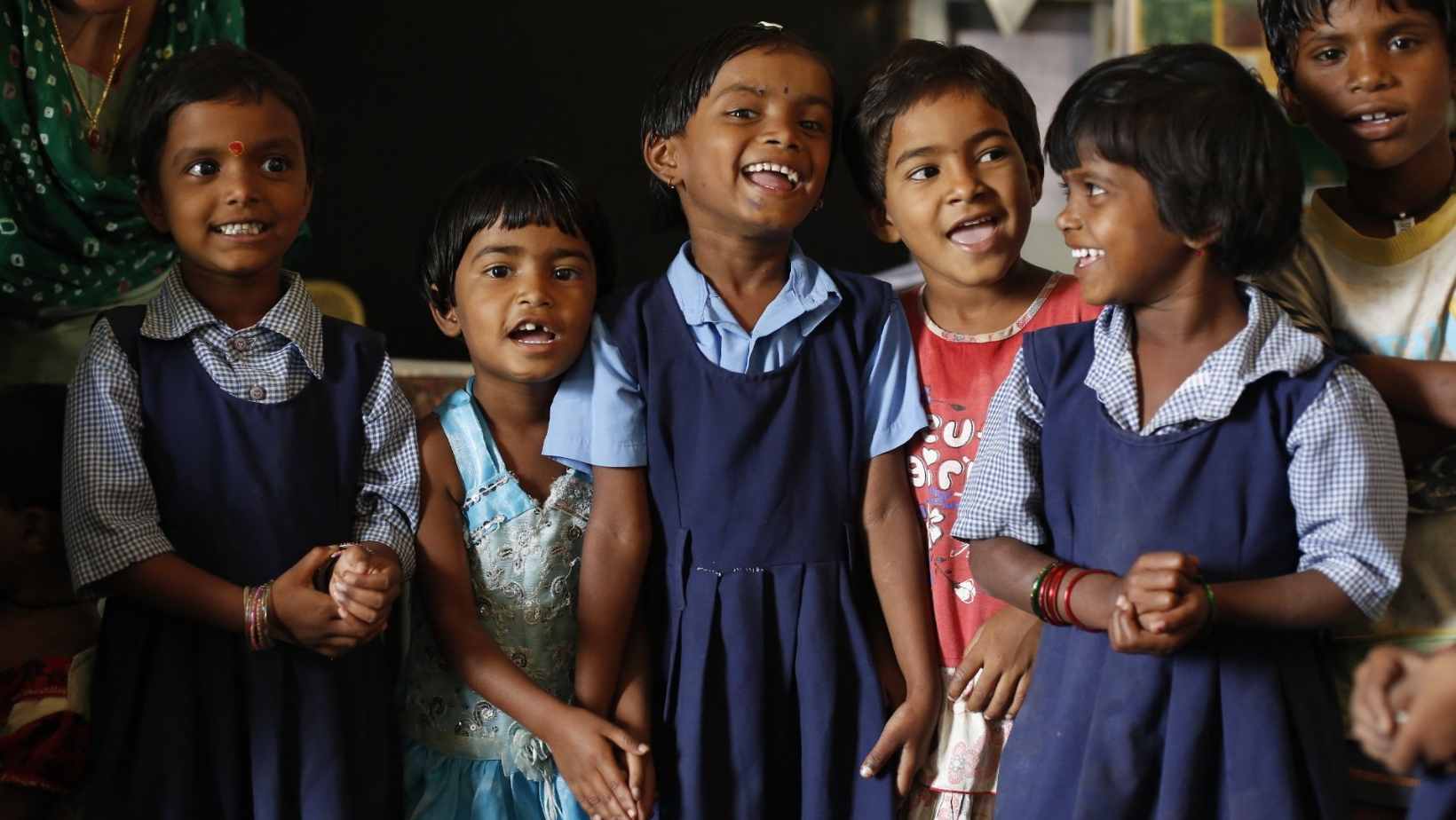
HEALTH
Addressing Healthcare Accessibility Challenges in India: Bridging Gaps in Rural Areas, Urban Slums, and Remote Terrains to Achieve Universal Health Coverage and Support Ayushman Bharat
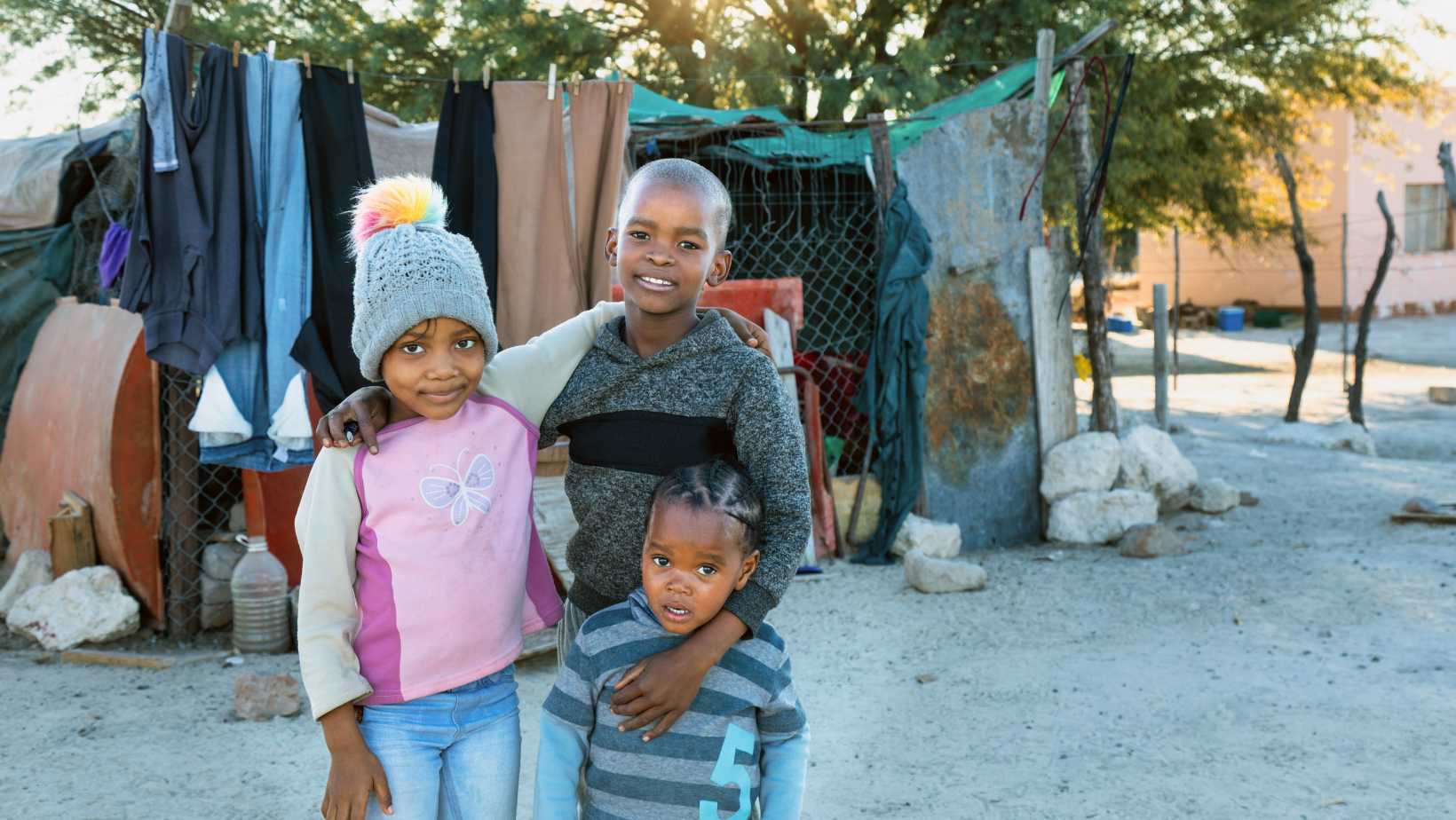
Why HealthCare
With a population exceeding 1.4 billion, delivering healthcare to the last mile remains a significant challenge in India. The country’s diverse geography further complicates access to healthcare, particularly in remote and difficult areas. Over 65% of the population lives in rural regions, which have limited healthcare infrastructure, while urban slum residents often prioritize basic survival needs over health services. The uneven distribution of resources and a lack of awareness also hinder the utilization of available healthcare services. Addressing these challenges is vital to achieving Universal Health Coverage and supporting the Government of India's Ayushman Bharat initiative.
What We Do
CRL Foundation’s inclusive and community-focused health program brings primary healthcare services directly to underserved communities in both rural and urban areas of India. Using a dual approach, the program offers both curative and preventive care, bridging gaps in healthcare availability, accessibility, and affordability.
Livelihood
Empowering and Skilling India’s Youth: A Strategic Imperative for Harnessing Demographic Dividend, Driving Economic Growth, and Nation Building
Why Skilling?
The youth comprises over one-third of the Indian population which in turn constitutes a major part of the labour force of the country. A country like India which has a huge young population can reap better benefits from the demographic dividend if its youth are better skilled and employable. It is crucial for the energy of the underprivileged youth to be channelized properly with proper direction to aid economic growth and nation building.
What We Do?
CRL Foundation’s Livelihood Programme connects underprivileged, unemployed youth with high-growth sectors by providing them with essential skills and training. It helps integrate them into the workforce, supporting the government’s Skill India initiative and aligning with Sustainable Development Goals 4 and 8.
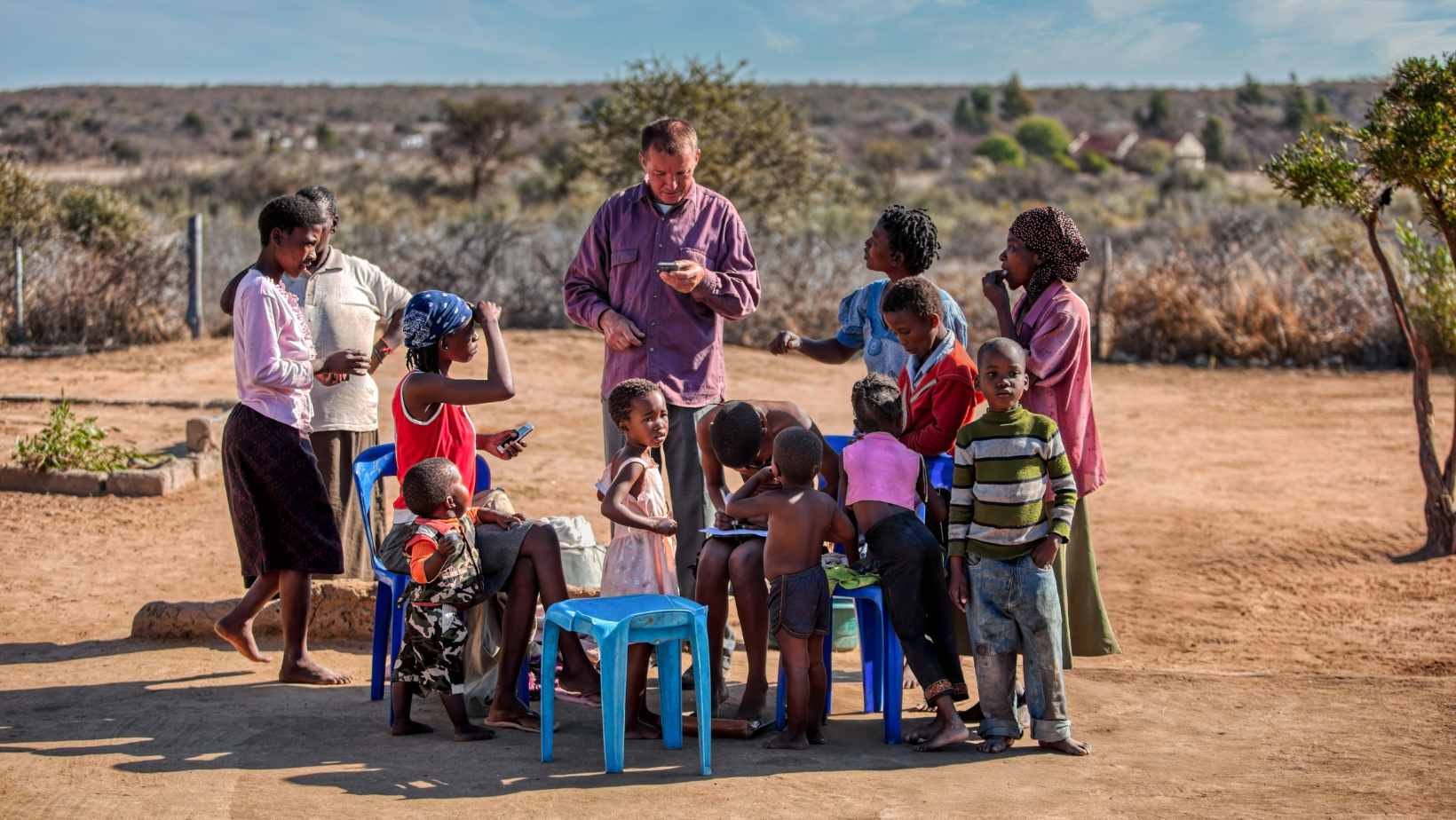
Women Empowerment
Recognizing Gender Equality and Women Empowerment as Cornerstones of National Health, Economic Advancement, Social Progress, and the Realization of Sustainable Development Goals for a Just and Inclusive World
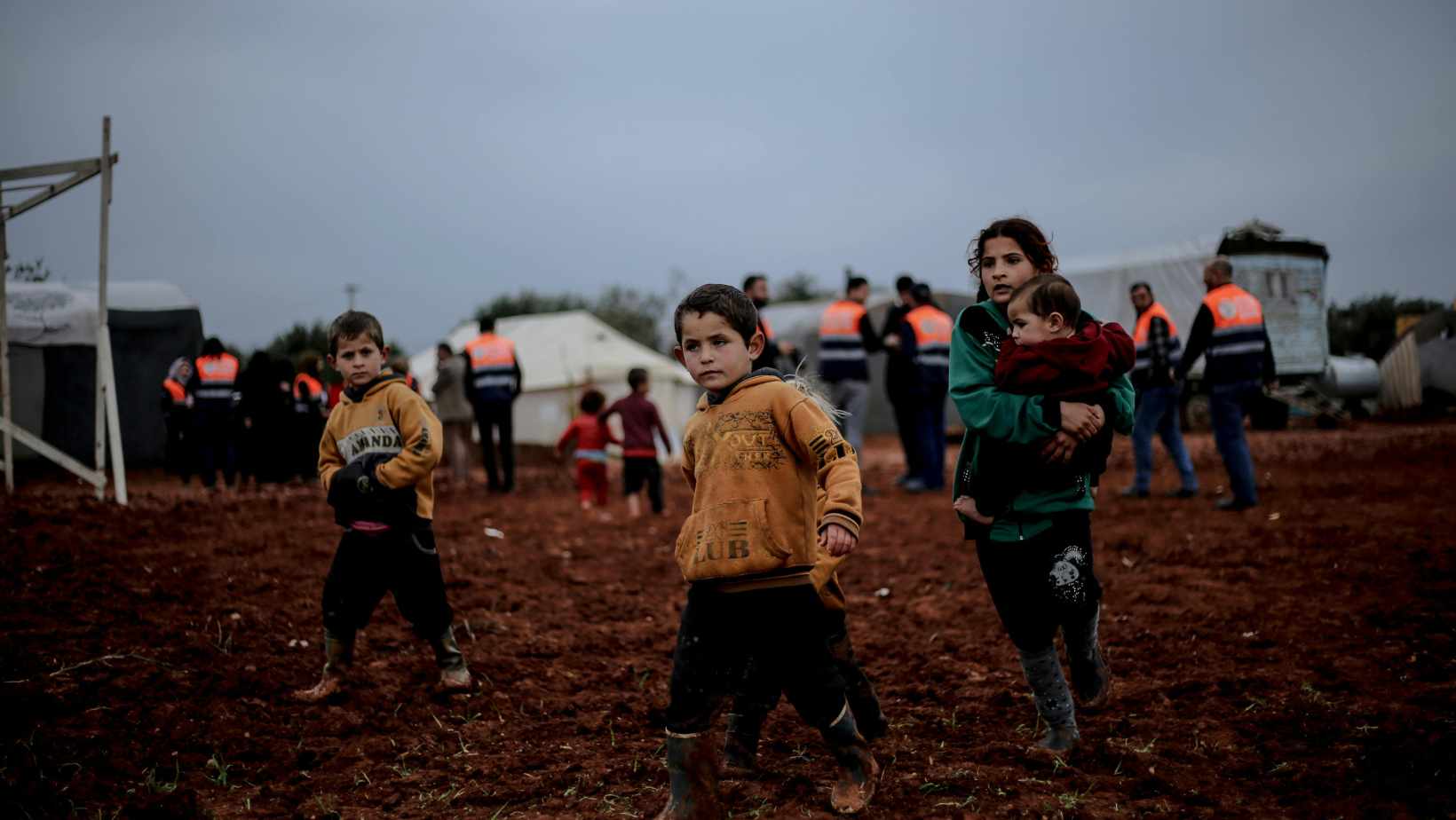
Why Women Empowerment?
Over the past decade, gender equality has emerged as essential for national well-being and socio-economic progress. As a core focus of the UNDP’s Sustainable Development Goals, it promotes equal rights, opportunities, and access for women, enabling them to lead independent and empowered lives. Empowered women drive economic growth, influence key sectors like education, healthcare, and leadership, and help build a more inclusive, balanced, and equitable society.
What We Do?
Launched in 2005, CRL Foundation’s women empowerment initiative, Swabhiman, focuses on reaching marginalized and socially excluded women through efforts in healthcare, nutrition, and livelihood. The program empowers women by using innovative community-based approaches, enabling them to access healthcare and drive lasting change within their communities. It also helps women become informed, skilled, and economically self-reliant. Additionally, Swabhiman promotes gender equality by involving men and boys in the empowerment process.
Disaster Response
Enhancing Disaster Preparedness in India: Addressing the Growing Risks of Natural Calamities, Vulnerabilities from Socio-Economic Factors, and Climate Change to Safeguard National Development and Resilience
Why Disaster Response?
India is highly vulnerable to natural disasters, with over 58.6% of its land prone to earthquakes, 12% to floods, and 68% of cultivable land at risk of droughts. These risks are worsened by unplanned urbanization, environmental degradation, climate change, and pandemics, posing a significant threat to the country’s development and its people’s livelihoods, highlighting the urgent need for disaster preparedness.
What We Do?
CRL Foundation’s Disaster Response programme provides emergency relief and long-term support to disaster-affected communities. From the 2005 Kashmir earthquake to the 2019 Fani cyclone and the 2022 Assam floods, the Foundation has swiftly responded to immediate needs and helped rebuild lives through education, healthcare, and livelihood initiatives. Notable crises managed by CRL Foundation include the Tsunami, Kashmir Earthquake, Maharashtra floods, Bihar floods, and Uttarakhand floods.
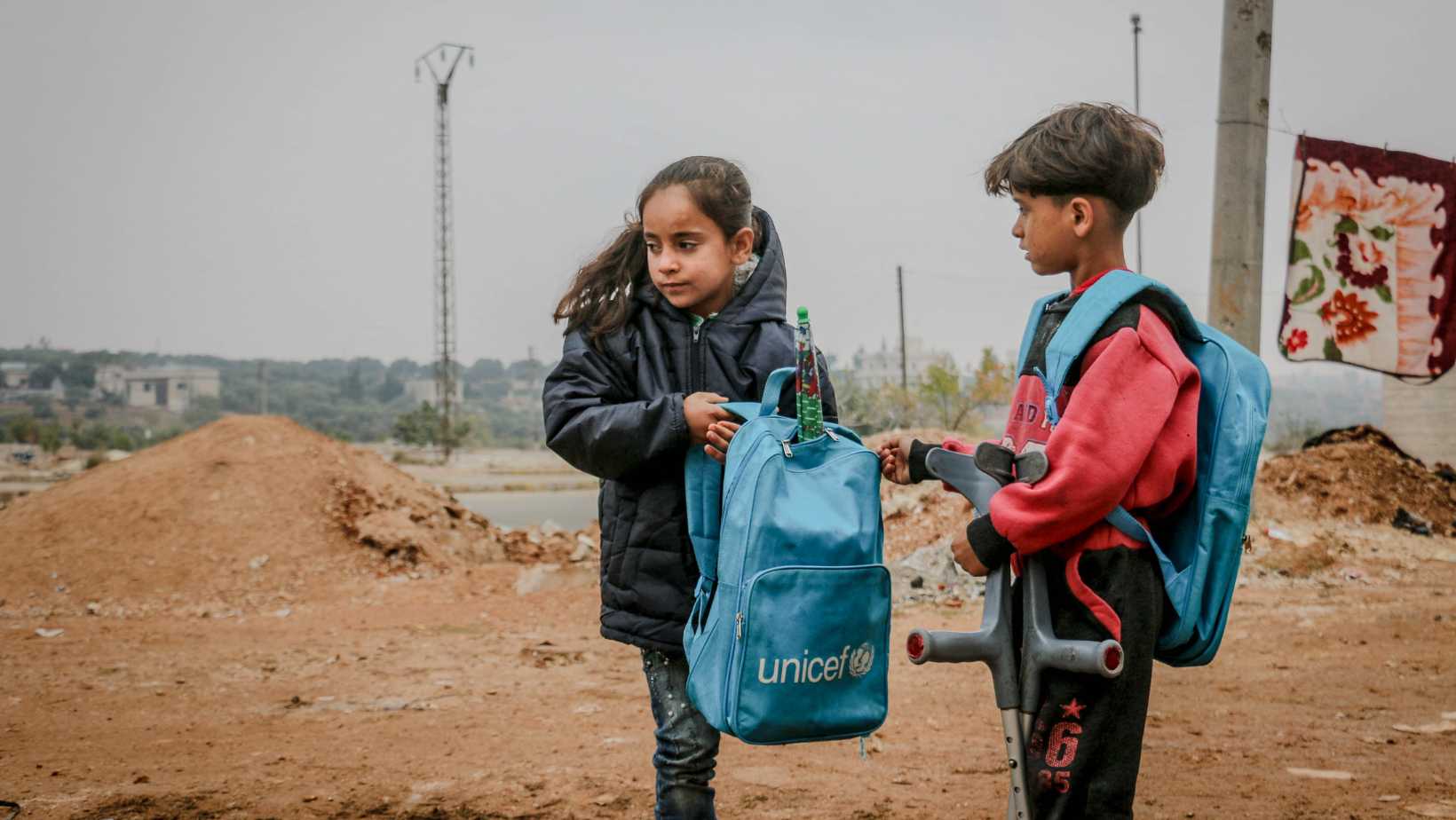
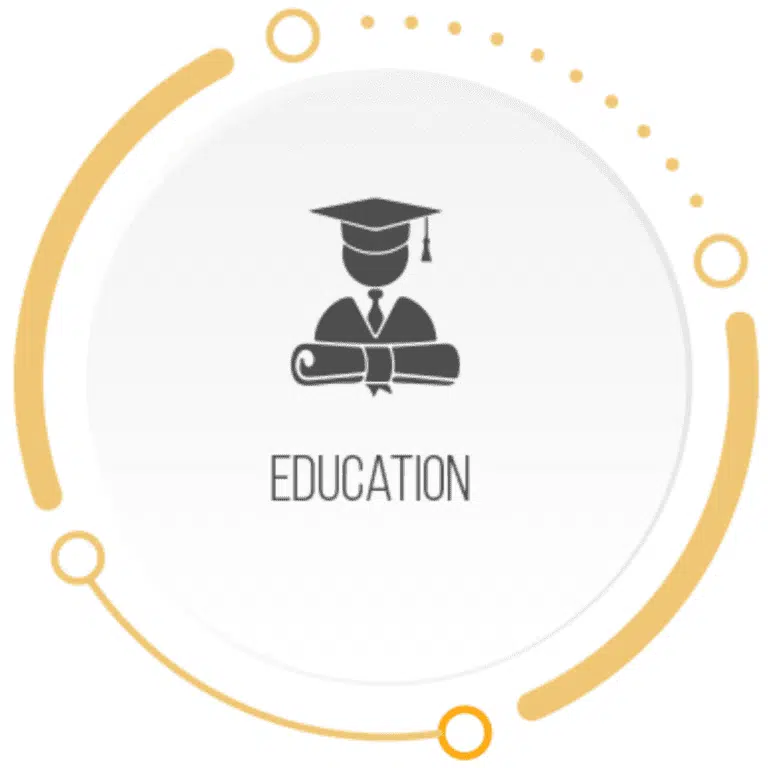
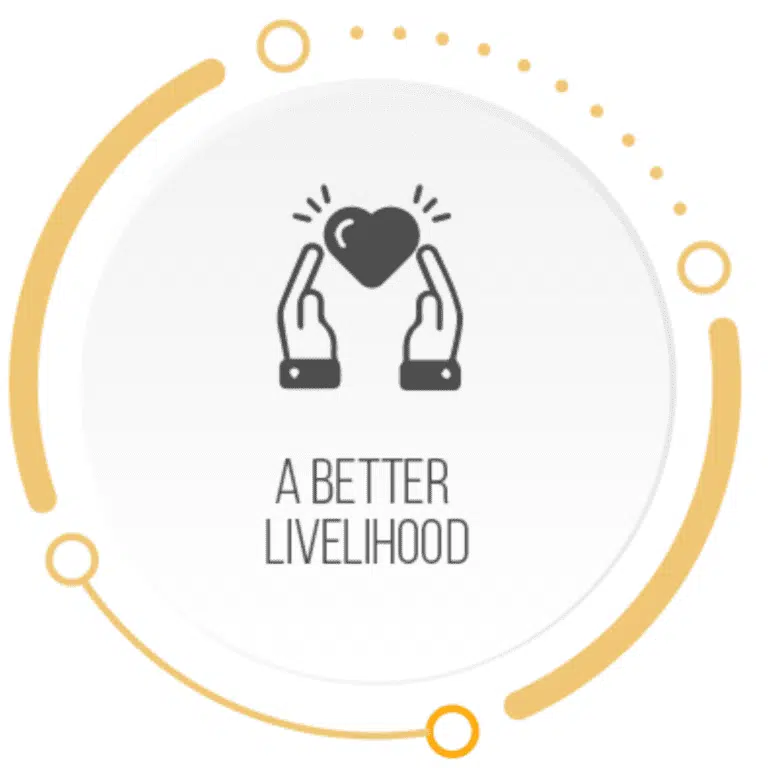
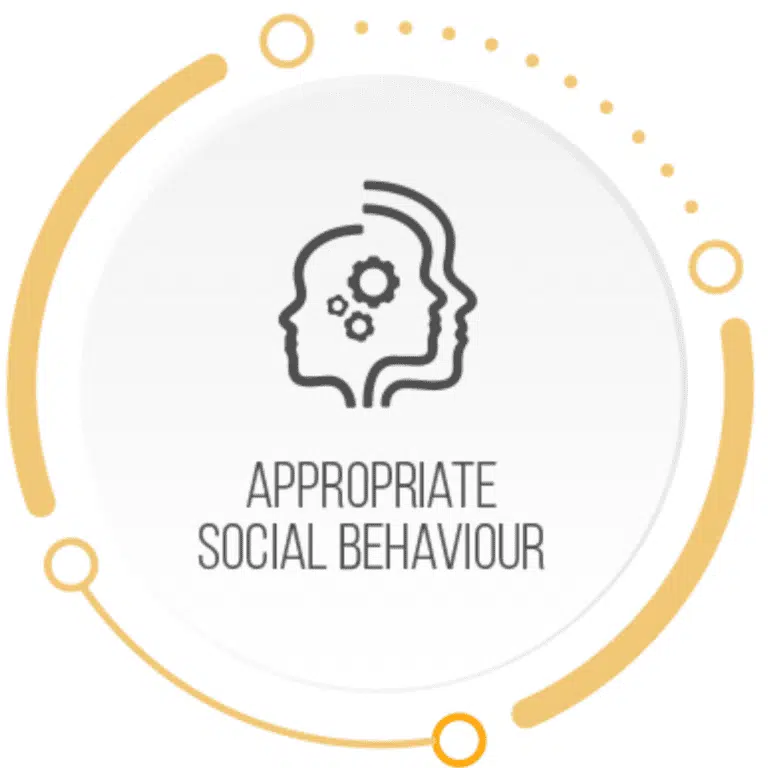
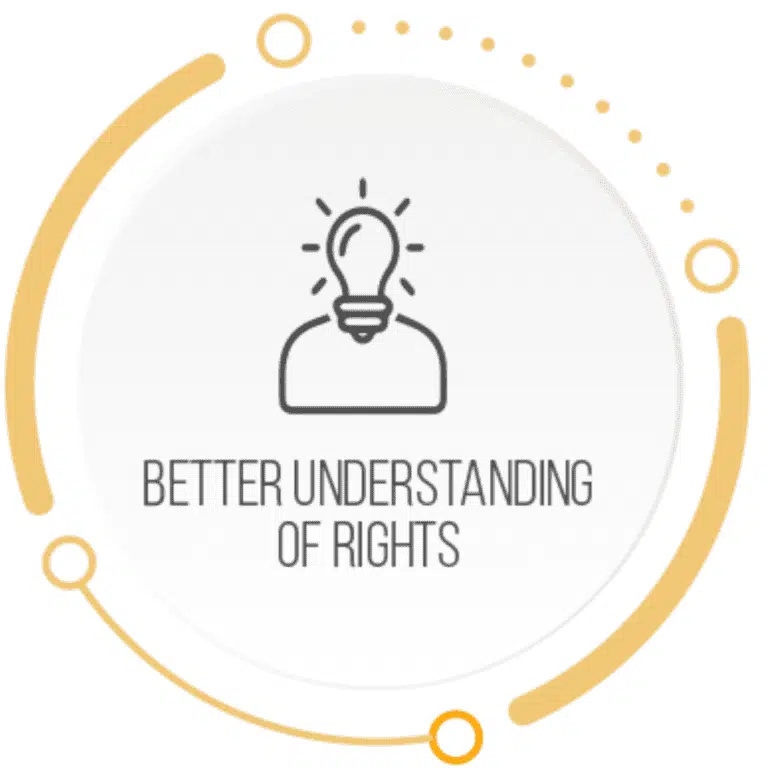
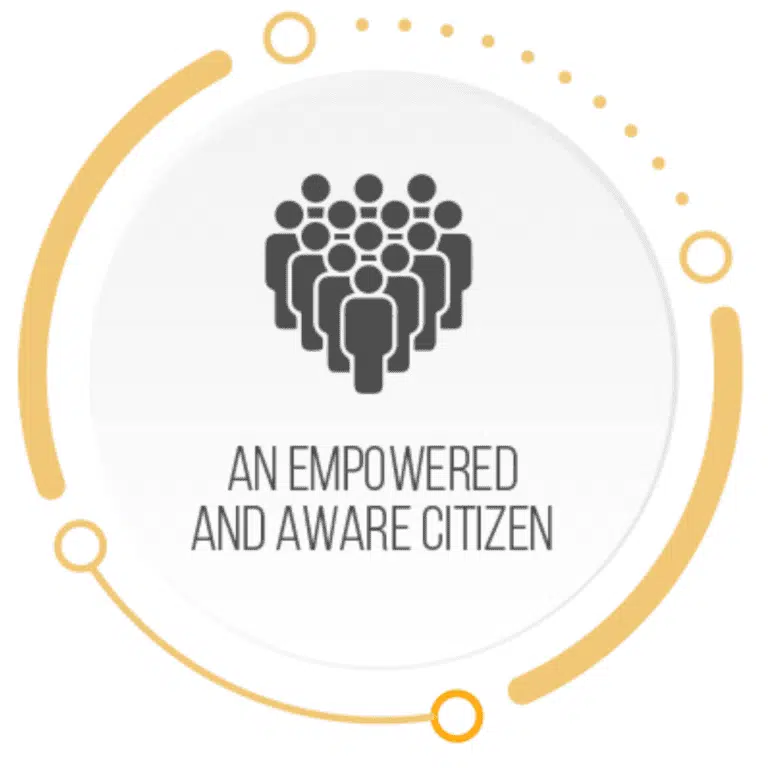
Empowering GrassRoots
Strengthening Community-Based Organizations as Pillars of Grassroots Development by Enhancing Local Sustainability, Reducing Dependency on Foreign Aid, and Leveraging Government Policies like Atmanirbhar Bharat to Maximize Social Impact
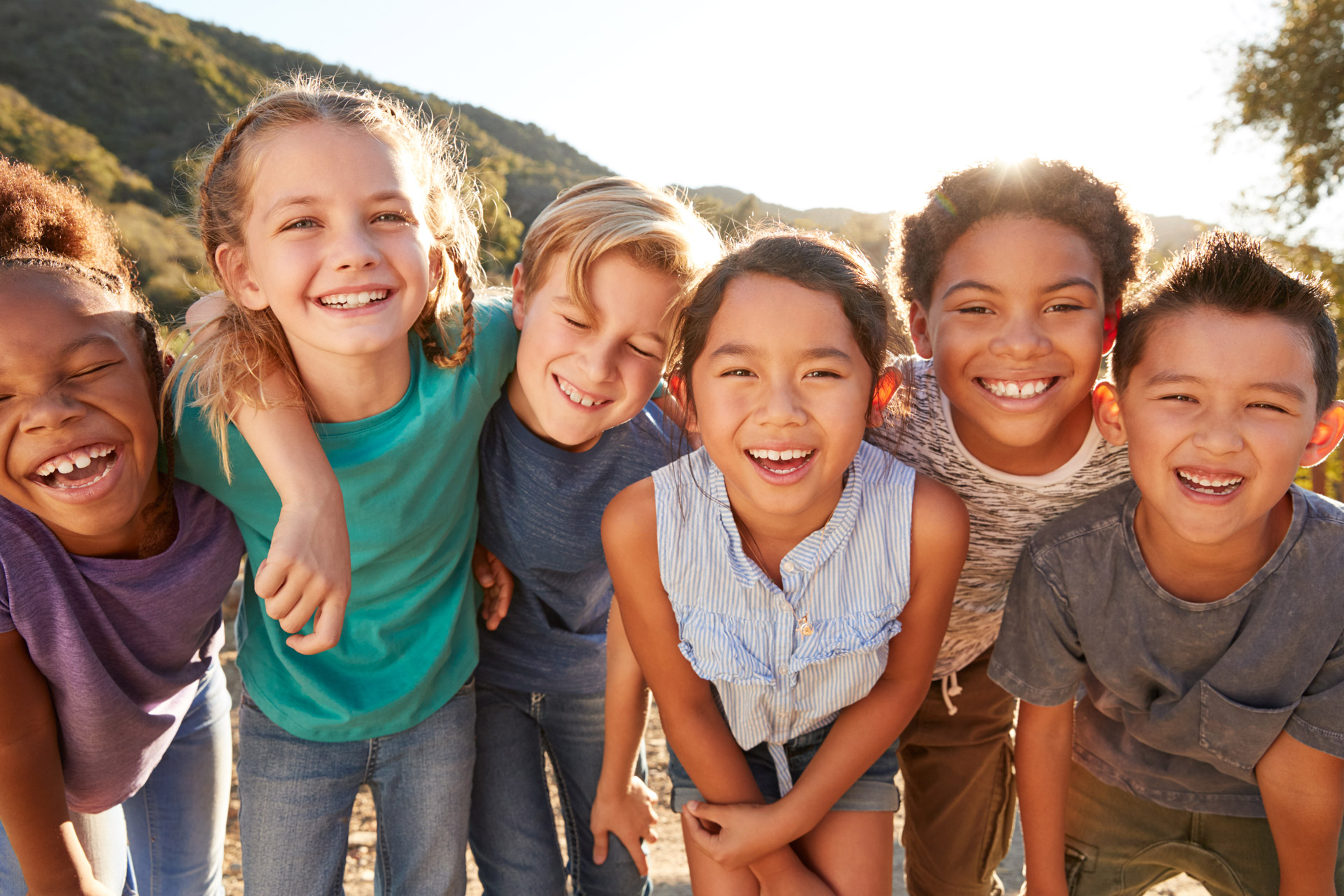
About Empowering Grassroots
Community-Based Organizations (CBOs) are vital for delivering welfare schemes at the grassroots level but often face resource and capacity challenges. With new policies, growing CSR support, and a rising middle class, more opportunities are now accessible. CRL Foundation’s Empowering Grassroots programme helps CBOs become self-reliant by providing skills, support, and local resource access—aligning with the “Atmanirbhar Bharat” vision.
How We Work?
Empowering Grassroots strengthens credible Community-Based Organizations (CBOs) through two key strategies. It provides matching grants to support their operations and encourages local fundraising. Additionally, it builds their capacity through organizational planning, effective communication, and strong monitoring systems to ensure long-term sustainability.
Privileged Children
Child For Child: Shaping Responsible Citizens by Inculcating Empathy and Social Awareness Among Privileged Children
Empowering Children Through Empathy
The Child For Child (CFC) programme, launched by CRL Foundation in 2006, sensitizes privileged children about the struggles of underprivileged peers. It instills empathy and a strong value system, helping children appreciate their privileges and grow into responsible, compassionate individuals who contribute positively to society. Through engaging school sessions, CFC encourages children to become future change makers.
What We Did?
In the past year, we made significant strides in promoting child rights across India. Our efforts reached over 17,00,000 children, along with their teachers and families, raising awareness about their rights and responsibilities. We successfully covered 4400 schools across 417 districts, ensuring that the message of child rights reached communities nationwide. Additionally, we organized more than 27,000 events and activities within schools, fostering a deeper understanding and engagement with child rights. Through these efforts, we took a vital step toward building a more informed and empowered generation.
